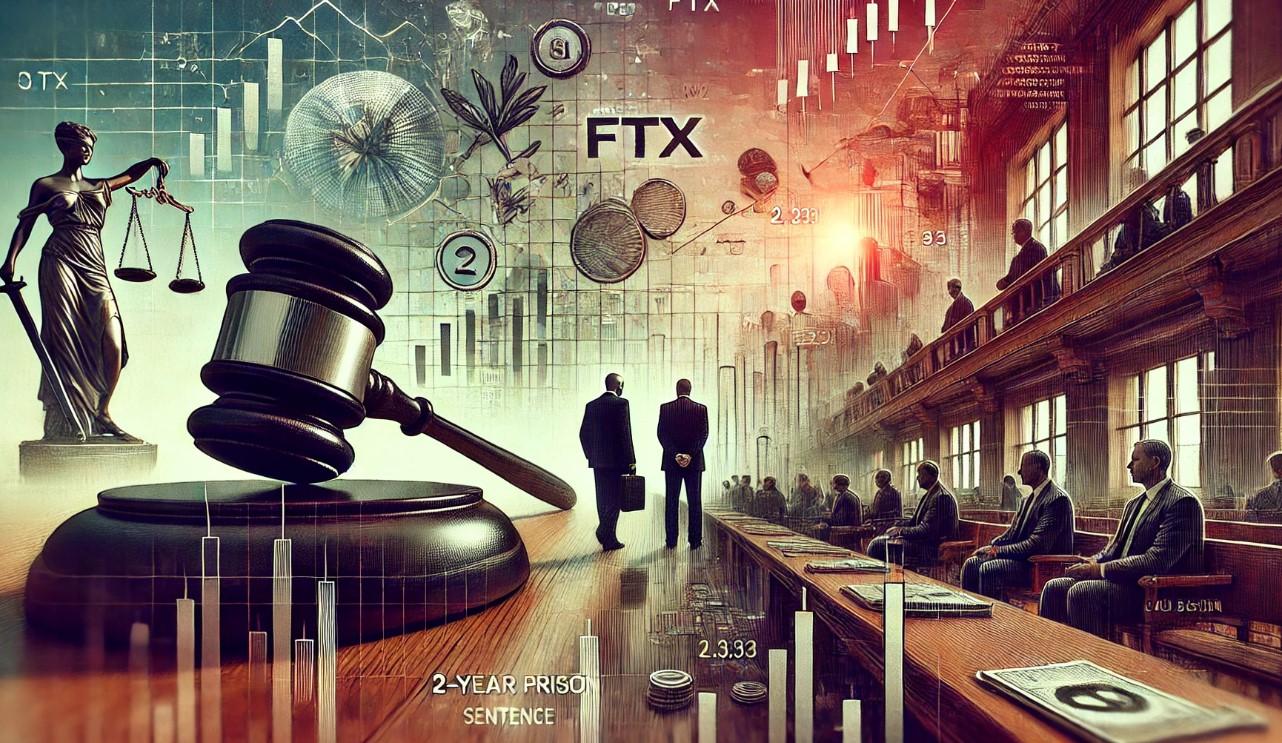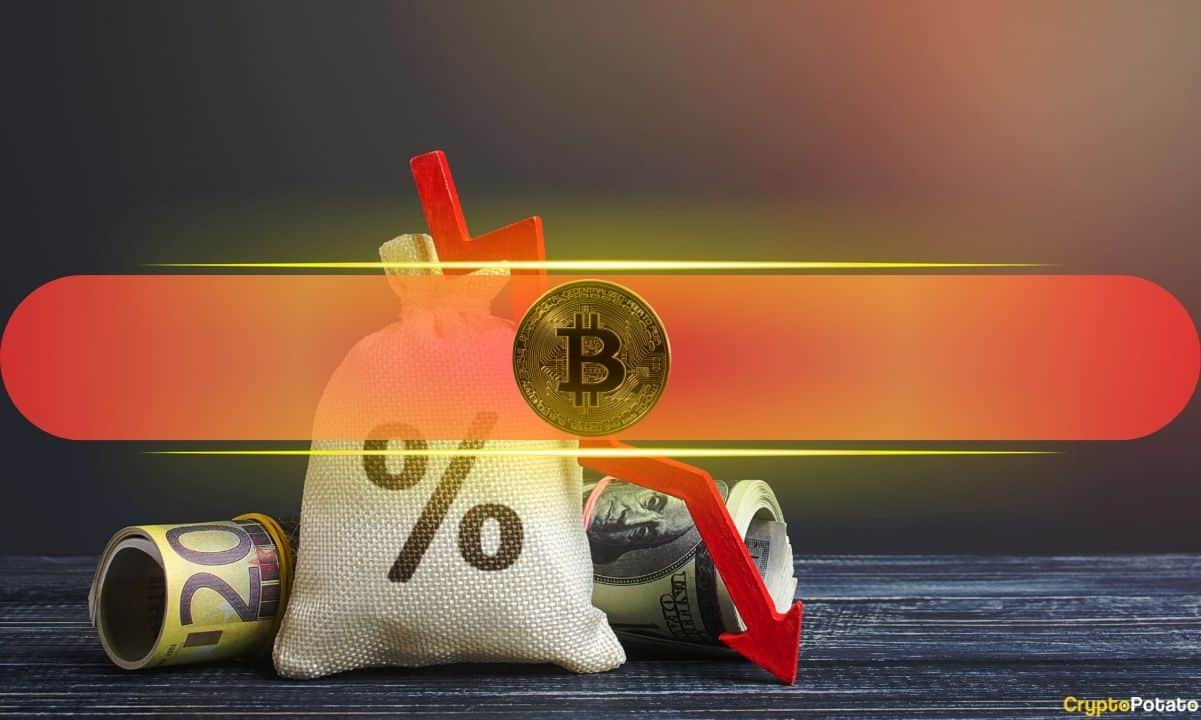The bankruptcy estate of now-defunct cryptocurrency exchange FTX has decided to withdraw its motion aimed at limiting creditor distributions to certain “potentially restricted foreign jurisdictions.” This decision comes after significant opposition from creditors and a wave of objections filed with the bankruptcy court.
FTX Trust abandons controversial plan
The FTX Recovery Trust, which submitted a warning On Monday, it had previously sought court approval to freeze payments to creditors in 49 countries, including China, Saudi Arabia, Russia and Ukraine, citing ambiguous or restrictive local regulations around cryptocurrencies.
The trust’s motion, filed in early July, aimed to implement procedures that could have significantly affected the rights of creditors in these regions. However, numerous objections (more than 70) were raised shortly after the motion was made public, leading the estate to reconsider its approach.
Weiwei Ji, creditor, emphasized That while the withdrawal represents a victory for affected creditors, it is crucial to remain vigilant until full compensation is received. He warned that the motion’s implications extended beyond FTX’s creditors and could potentially undermine confidence in the global cryptocurrency ecosystem.
In related developments, the FTX estate’s planned payout strategy has raised concerns about the true value of the distributions. Creditors’ representative Sunil Kavuri warned that creditors could receive much less than expected, especially since repayments are being issued in fiat currency rather than cryptocurrency.
He pointed out that although the assets have outlined 143% payment plan In fiat terms, this does not adequately reflect losses incurred when measured in cryptocurrencies.
Meanwhile, amid the backdrop of FTX’s legal fights, co-founder Sam Bankman-Fried is seeking to overturn his fraud conviction and 25-year prison sentence.
Sam Bankman-Fried seeks to overturn conviction
The Bankman-Fried Legal Team argues that he was wrongfully convicted due to a rush to trial influenced by the media, prosecutors and, in particular, US District Judge Lewis Kaplan. In a brief filed with the U.S. Court of Appeals for the Second Circuit, Bankman-Fried’s attorneys argued that he was considered guilty even before formal charges were filed.
The appeal is brought by Alexandra Shapiro, a criminal appeals attorney known for her successes in similar cases. She is set to argue against the conduct of Judge Kaplan, who has been accused of bias against Bankman-Fried throughout the trial.
The defense claims Kaplan pressured jurors to return a quick verdict by offering them accommodations and suggesting they could extend their deliberation hours. Additionally, they claim the judge “ridiculed” Bankman-Fried’s testimony and undermined her defense.
Bankman-Fried’s legal team also challenges Kaplan’s decision to prevent her from telling the jury that FTX had enough assets to pay your clientswhile the prosecution was allowed to claim that he had stolen billions, causing the company to fall.
Amid these legal battles, there are reports that Bankman-Fried’s parents are exploring options to get a presidential pardonpotentially from former President Donald Trump. Bankman-Fried’s team maintains that he had no intention of defrauding customers, believing they would ultimately receive their money.
Featured image of DALL-E, chart from TradingView.com

Editorial process for bitcoinist focuses on providing thoroughly researched, accurate and unbiased content. We maintain strict sourcing standards and every page undergoes diligent review by our team of technology experts and experienced editors. This process ensures the integrity, relevance and value of our content to our readers.



